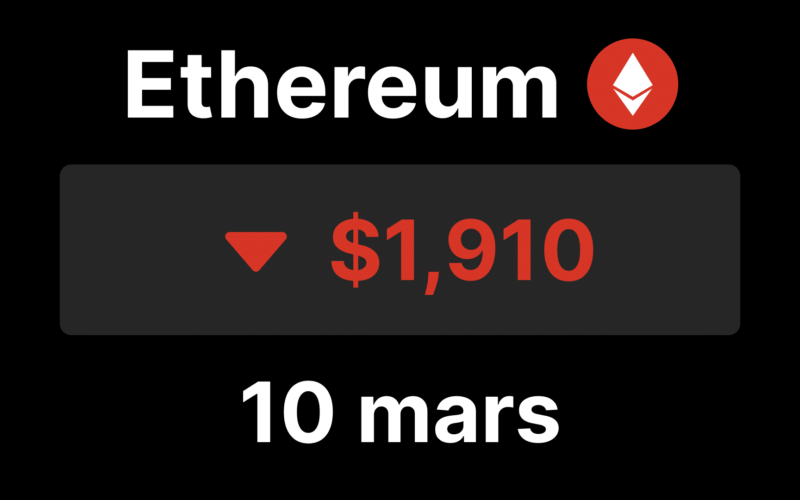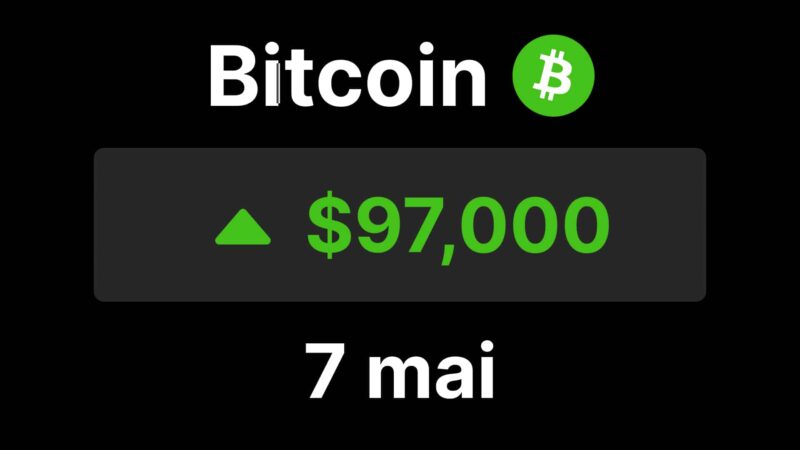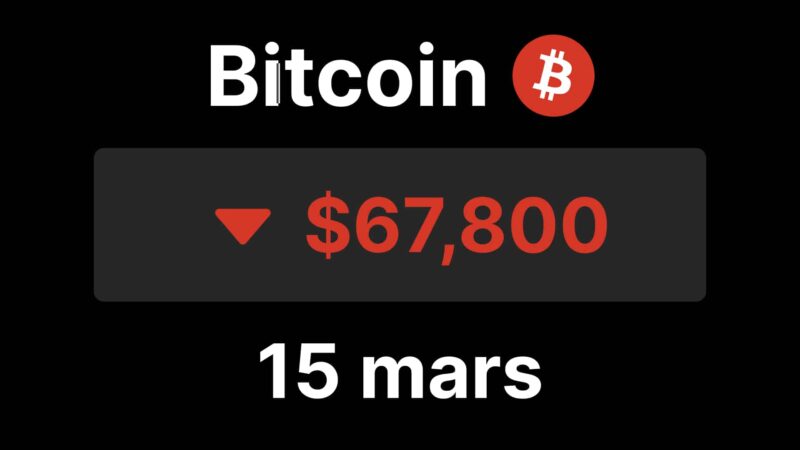Bitcoin Falls Below $79,000 as Stock Markets Decline
The cryptocurrency market is starting the week with a sharp decline following the drop in US stock indices. Bitcoin (BTC) has fallen below the $79,000 mark, down 5% in the past 24 hours, while Ethereum (ETH) has slipped to $1,910. Altcoins are also not spared, with Solana (SOL), Cardano (ADA), Aptos (APT), Avalanche (AVAX), and NEAR all experiencing losses of nearly 10%.
The crypto debacle coincides with a plunge in US stock markets. The Nasdaq has dropped over 3%, and the S&P 500 has lost 2% at the start of the session, amid growing fears of an economic slowdown and a potential trade war.
A Lack of Catalysts and Macroeconomic Concerns
After bouncing back up to $84,000 earlier in the day, possibly supported by Strategy’s $21 billion financing plan, Bitcoin did not withstand selling pressure. Crypto-related stocks have also suffered, with Strategy, the largest institutional holder of BTC, and Coinbase (COIN) both plummeting nearly 15%.
The market is weighed down by a lack of new bullish catalysts. The recent announcement by Donald Trump regarding Bitcoin reserves and the summit on digital assets at the White House has already been digested by disappointed investors, with macroeconomic concerns taking over. The threat of a trade war and signals of economic slowdown are particularly worrying the market.
Trump Fails to Reassure on the Economy
In an interview with Fox News on Sunday, Donald Trump mentioned a “transition phase” for the US economy, refusing to dismiss the risk of a recession in 2025. This economic uncertainty reinforces the correlation between Bitcoin and stock markets.
Until the crypto market finds a new narrative, the correlation with stocks is likely to intensify in the short term. Both asset classes are trading near their recent lows, and with the persistent threat of tariffs, volatility could increase as the US releases its next macroeconomic data.
Increased Volatility Ahead
Without new bullish impulses, the crypto market remains under pressure and could amplify movements in US stocks. With economic uncertainty and trade tensions as a backdrop, the next few days could be marked by increased volatility as investors scrutinize upcoming economic indicators to anticipate the market direction.




